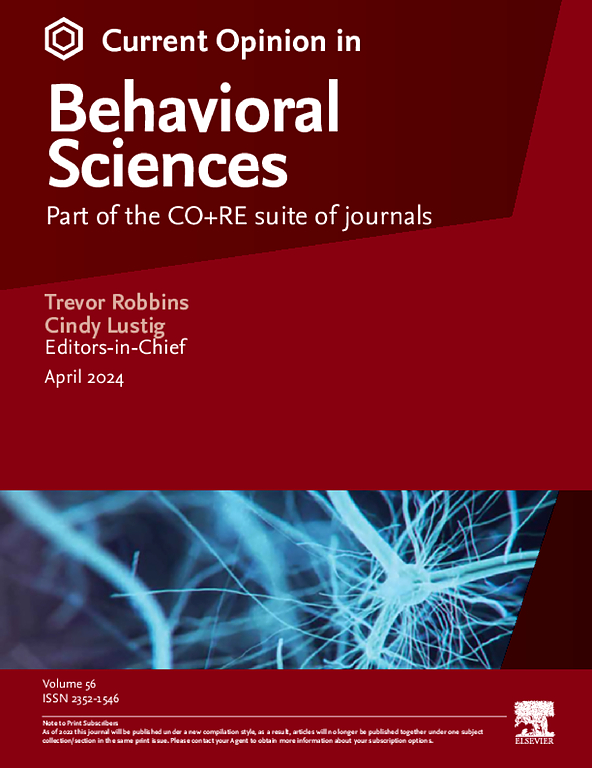The most difficult thing in the world: a sociocultural perspective on putting pro-environmental thoughts into action
IF 3.5
2区 心理学
Q1 BEHAVIORAL SCIENCES
引用次数: 0
Abstract
Although there is now a broad consensus that climate change is happening and a risk to society as we know it, these beliefs have not been commensurate with behaviors that are needed to address the climate crisis. This review discusses why this dissociation exists, focusing on sociocultural differences in the strength of the link between environmental beliefs and environmental action. Certain social contexts (i.e. collectivistic, lower socioeconomic status, and religious) foster a stronger sense of personal control compared to their counterparts, and this explains variation in the link between climate change beliefs and pro-environmental behaviors. In sociocultural contexts where a sense of personal control is lower, alternative motives, such as social norms and trust in government, play more central roles in shaping pro-environmental support. A novel sociocultural perspective is provided to understand why increased climate change beliefs do not necessarily increase support for pro-environmental actions.
世界上最困难的事情是:从社会文化的角度将环保思想付诸行动
尽管现在有一个广泛的共识,即气候变化正在发生,我们知道这是对社会的威胁,但这些信念与应对气候危机所需的行为并不相称。这篇综述讨论了这种分离存在的原因,重点是环境信仰和环境行动之间联系强度的社会文化差异。某些社会背景(如集体主义、较低的社会经济地位和宗教)与其他社会背景相比,培养了更强的个人控制感,这解释了气候变化信念与亲环境行为之间联系的差异。在个人控制感较低的社会文化背景下,其他动机,如社会规范和对政府的信任,在形成亲环境支持方面发挥更重要的作用。本文提供了一个新的社会文化视角来理解为什么增加的气候变化信念并不一定会增加对环保行动的支持。
本文章由计算机程序翻译,如有差异,请以英文原文为准。
求助全文
约1分钟内获得全文
求助全文
来源期刊

Current Opinion in Behavioral Sciences
Neuroscience-Cognitive Neuroscience
CiteScore
10.90
自引率
2.00%
发文量
135
期刊介绍:
Current Opinion in Behavioral Sciences is a systematic, integrative review journal that provides a unique and educational platform for updates on the expanding volume of information published in the field of behavioral sciences.
 求助内容:
求助内容: 应助结果提醒方式:
应助结果提醒方式:


